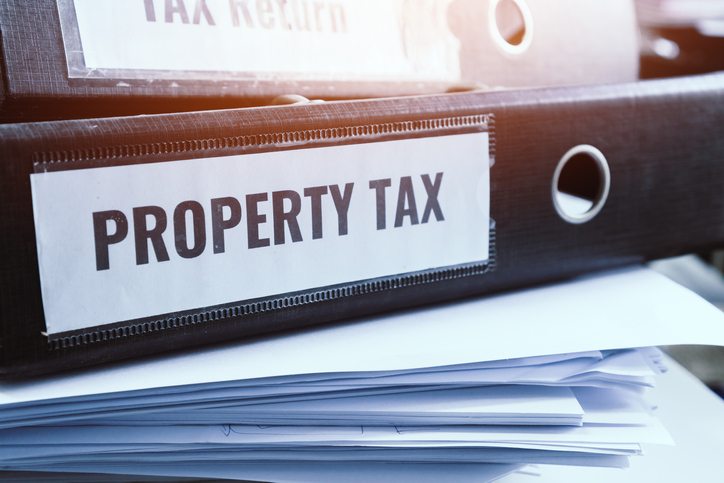
Understanding Property Taxes in Self Storage
By: Bill Sitar, Jr. Esq., Vice President & Senior Advisor

Property taxes are a critical component to understanding the value of any real estate asset class, including self-storage.
Real property taxes are typically among the largest line item of expenses in a profit and loss statement. Managing your property taxes effectively is extremely important in a successful self-storage operation.
Being cognizant of the local tax appeal process is incumbent upon self-storage owners that desire effective management solutions for their properties. The most important aspect of the appeal process is initially understanding the critical dates in the process, such as filing deadlines, valuation dates, and appeal periods. Each jurisdiction has different deadlines. Typically, the burden of proof is on the taxpayer challenging the assessment of the property. This means that the taxpayer when challenging his or her property assessment before a local board or court must provide proof that the assessment is incorrect. That proof could come in many different forms including, but not limited to, comparable sales, an appraisal report, a property inspection report, an environmental report, and the like. In some jurisdictions, assessments change every single year. In some jurisdictions, the underlying ratios change every single year. In all instances, these assessments should be reviewed every single year for effective property management of your storage facility.
In most jurisdictions, when an appeal is filed the relief sought is only for the prospective year ahead and not for past years. In some jurisdictions, different boards hear different levels of cases and the taxpayer must be sure it is before the correct board. For example, in New Jersey, a property with an assessment below $1 million can be filed to the county tax board, in which the property is located. However, if the assessment is above $1 million, it may be filed directly to the Tax Court of New Jersey. Typically, a case filed before a county board will be heard faster with limited discovery and less sophistication. The higher courts are more sophisticated but do typically take a longer time, for case disposition.
Other concerns that taxpayers must recognize are that when appealing one’s tax assessment, often times the courts require that the taxes must be paid in full prior to the hearing being allowed to move forward. Additionally, some jurisdictions require annual income statements to be filed with the local municipality, regarding a property’s economic performance, in order for the appeal to proceed.
When looking at valuation, most self-storage facilities will be valued by either the income approach or the sales comparison approach. The income approach utilizes a property’s income less operating expenses and a vacancy rate to derive a net operating income. Thereafter, a capitalization rate is applied to the net operating income to determine the property’s overall value. Under the sales comparison approach, closed transactions of similar properties are analyzed and adjusted for various factors, such as location, size, and timing. Thereafter, the adjusted sales prices are analyzed to determine the overall value.
The biggest takeaway regarding property tax management is that every single year prior to the filing deadline, a property tax review should be made. Necessary to this process, the owner should review the most recent tax bill, the current rent roll, and income and expense statements of the last 3 years. If an appeal is warranted, make sure it is filed before the annual deadline in your jurisdiction!
If you have completed the research in your market and are now in need of reporting information to appeal your taxes, you can reach out to a self-storage specialist to run the necessary reports. Our company works with self-storage owners and provides complimentary reporting on sales comps, rent comps, etc. and is able to help calculate your cap rate.

Bill joined The Storage Acquisition Group in 2016. As the Vice President of Sitar Realty Company & TSAG, he brings a wealth of knowledge to the group. Bill’s diverse background in real estate brokerage, legal services, development, and the financial sector enables him to provide comprehensive solutions during the acquisition process. In addition to being a licensed New Jersey real estate salesperson, Bill has a law license in both New Jersey and Pennsylvania.

